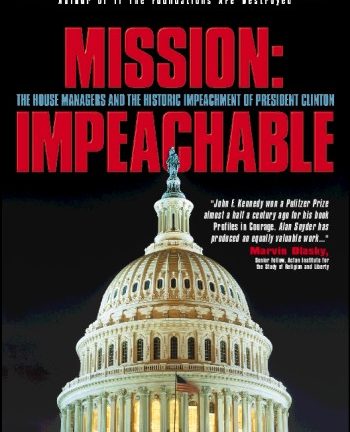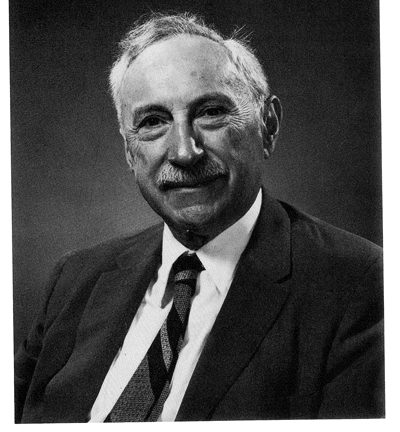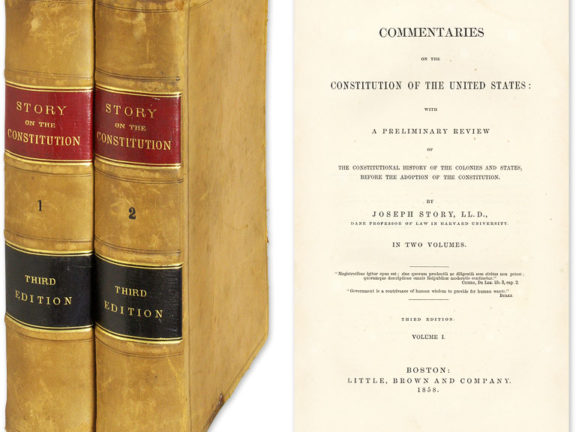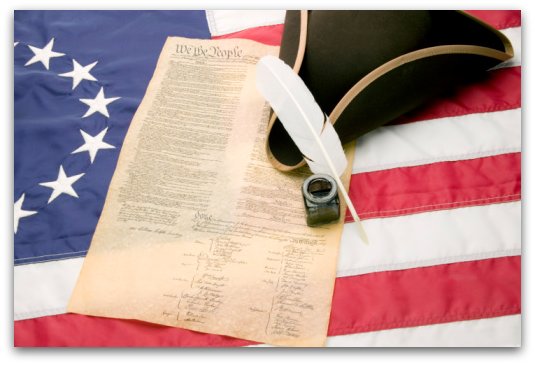Impeachable Offenses: A History (Part 3)
In my previous two posts, I offered insights on impeachable offenses from the preeminent expositor of the Constitution in early America, Supreme Court Justice Joseph Story, and from one of the most learned legal scholars of the twentieth century, Raoul Berger. In this, my final post dealing with the subject, I turn to what the House of Representatives concluded during its investigation of Richard Nixon’s potential impeachment. Yes, that House conclusion was written when Democrats controlled the House, but it… Read more »






